Why was Turkish Aerospace Industries targeted?
 Turkish police officers secure part of a main road in Kahramankazan, some 40 kilometers (25 miles) north of Ankara on October 23, 2024. (AA Photo)
Turkish police officers secure part of a main road in Kahramankazan, some 40 kilometers (25 miles) north of Ankara on October 23, 2024. (AA Photo)
Turkish Aerospace Industries (TAI) made headlines following a terrorist attack on its facilities in the Kahramankazan district of Ankara, a move likely aimed at undermining Türkiye’s defense capabilities.
The attack tragically resulted in the deaths of five individuals and left 22 others injured. Interior Minister Ali Yerlikaya confirmed that the two terrorists involved in the attack were eliminated shortly afterward.

Background of attack on TAI
TAI is a crucial player in Türkiye’s defense industry. President Recep Tayyip Erdogan stated that the attack aimed to undermine Türkiye’s objective of achieving independence in its defense sector.
He emphasized that TAI is one of the “locomotive organizations” of the Turkish defense industry and asserted that such assaults directly target Türkiye’s vision of a “Fully Independent Türkiye.”
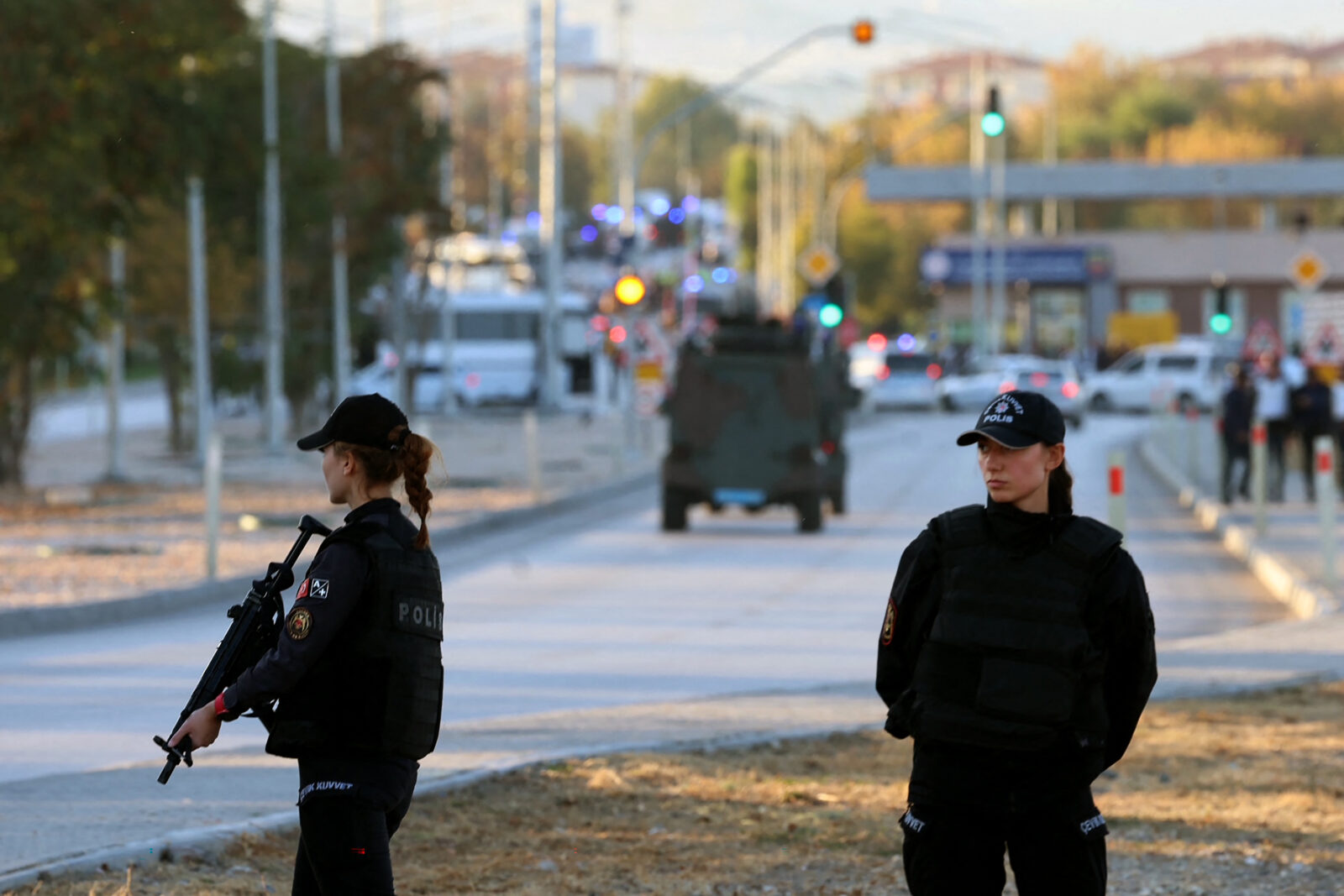
What is TAI?
Founded in 1973, TAI specializes in the design, production, and modernization of aircraft. The company significantly contributes to enhancing Türkiye’s defense capabilities by developing various aerial platforms.
One of its most notable projects is the National Combat Aircraft, known as KAAN, which aims to be Türkiye’s first fifth-generation fighter jet.
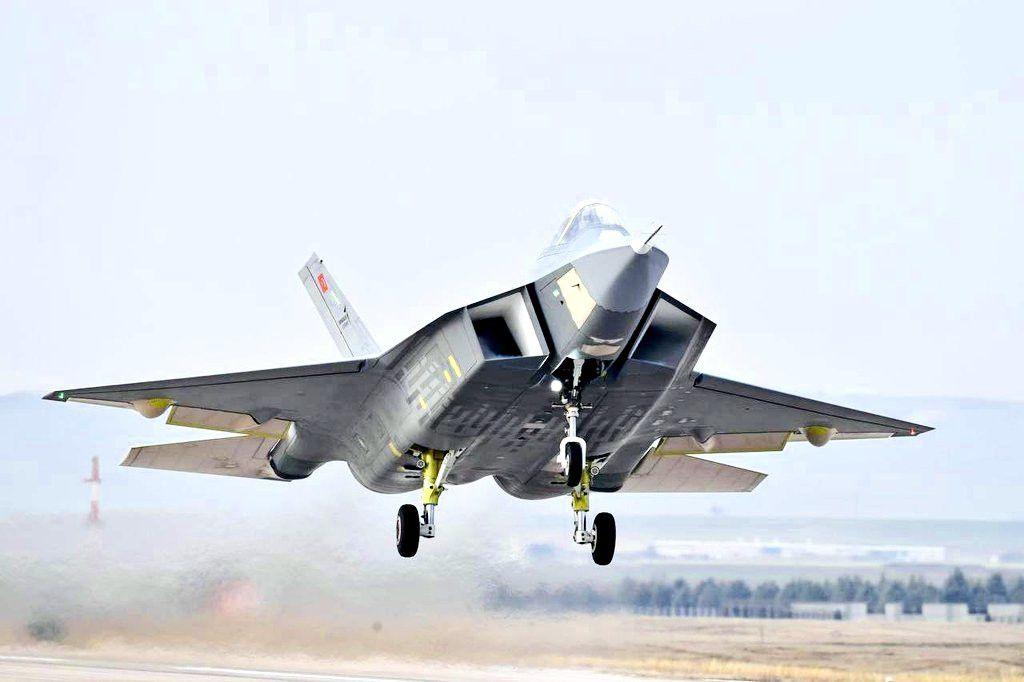
Key projects by TAI
TAI is currently engaged in several strategic projects, including:
- KAAN project: This initiative seeks to strengthen Türkiye’s defense industry’s independence, with plans for the aircraft to join the Turkish Air Force inventory by 2028.
- Aerial platforms: The company produces advanced systems, including the T129 Atak attack and tactical reconnaissance helicopter, the T70 general purpose helicopter and the Anka and Aksunger unmanned aerial vehicles, all of which enhance the operational capabilities of Turkish security forces.
- Training and light attack aircraft: The Hurkus basic trainer aircraft and Hurjet training and light attack aircraft are designed to meet the Turkish Air Force’s training needs.
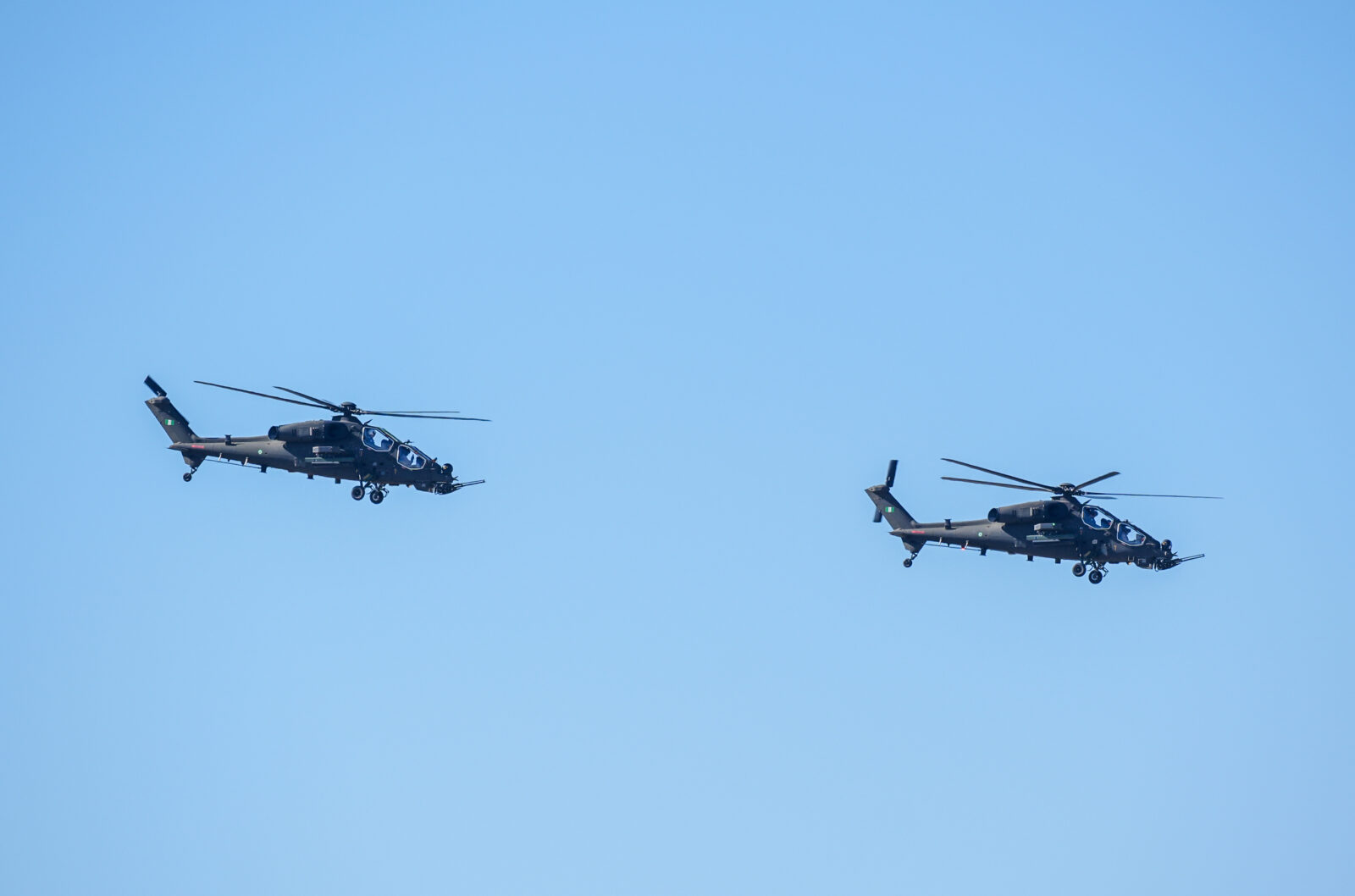
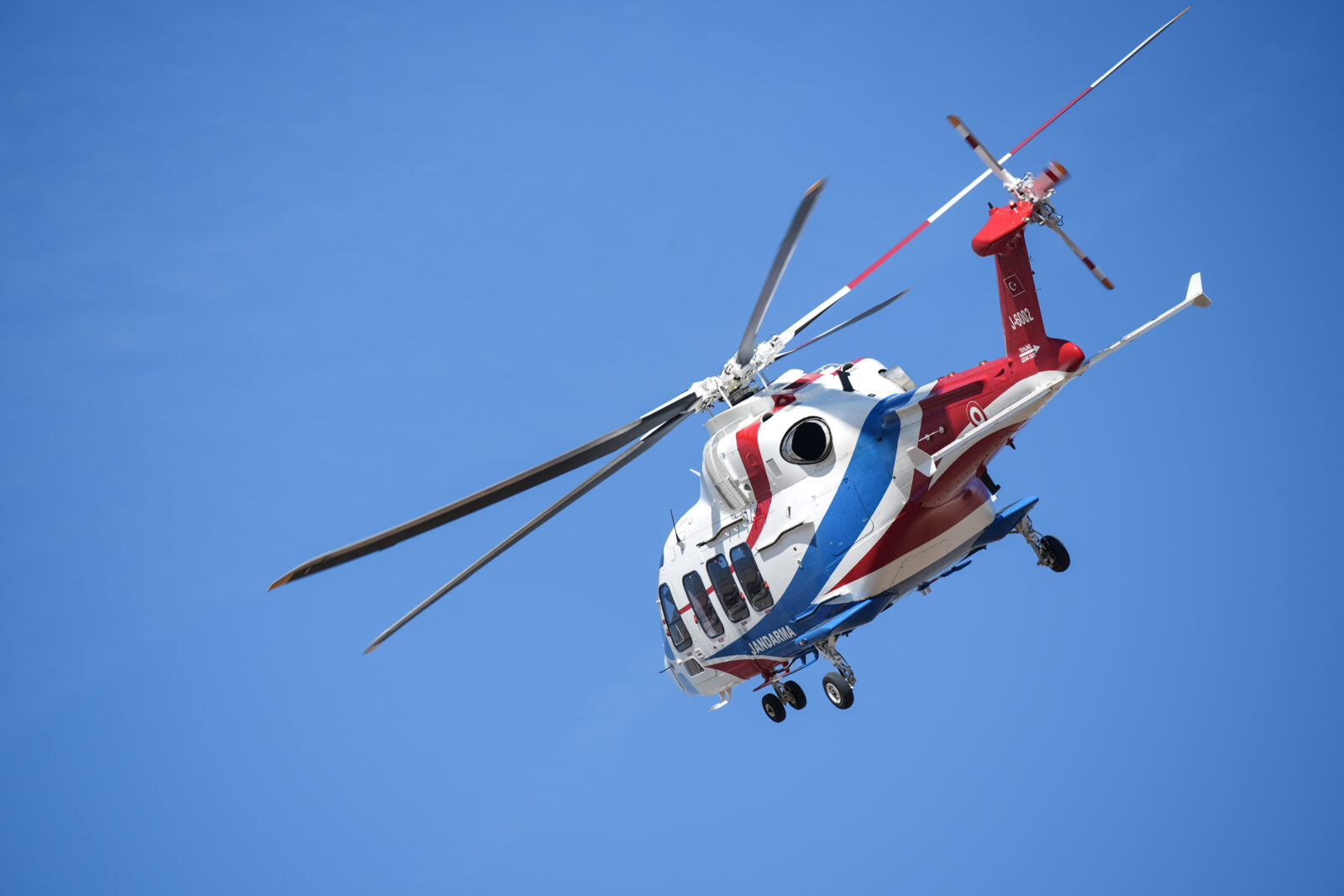
Domestic production and economic impact
Türkiye aims to increase its defense industry localization rate from approximately 20% in the early 2000s to over 80% by 2024. TAI plays a vital role in this effort, employing over 15,000 people and making significant contributions to the nation’s defense sector.
The defense industry ecosystem includes more than 3,500 companies and provides jobs for over 90,000 individuals. According to the Turkish Exporters Assembly (TIM), TAI is the leading exporter in the defense and aerospace category.
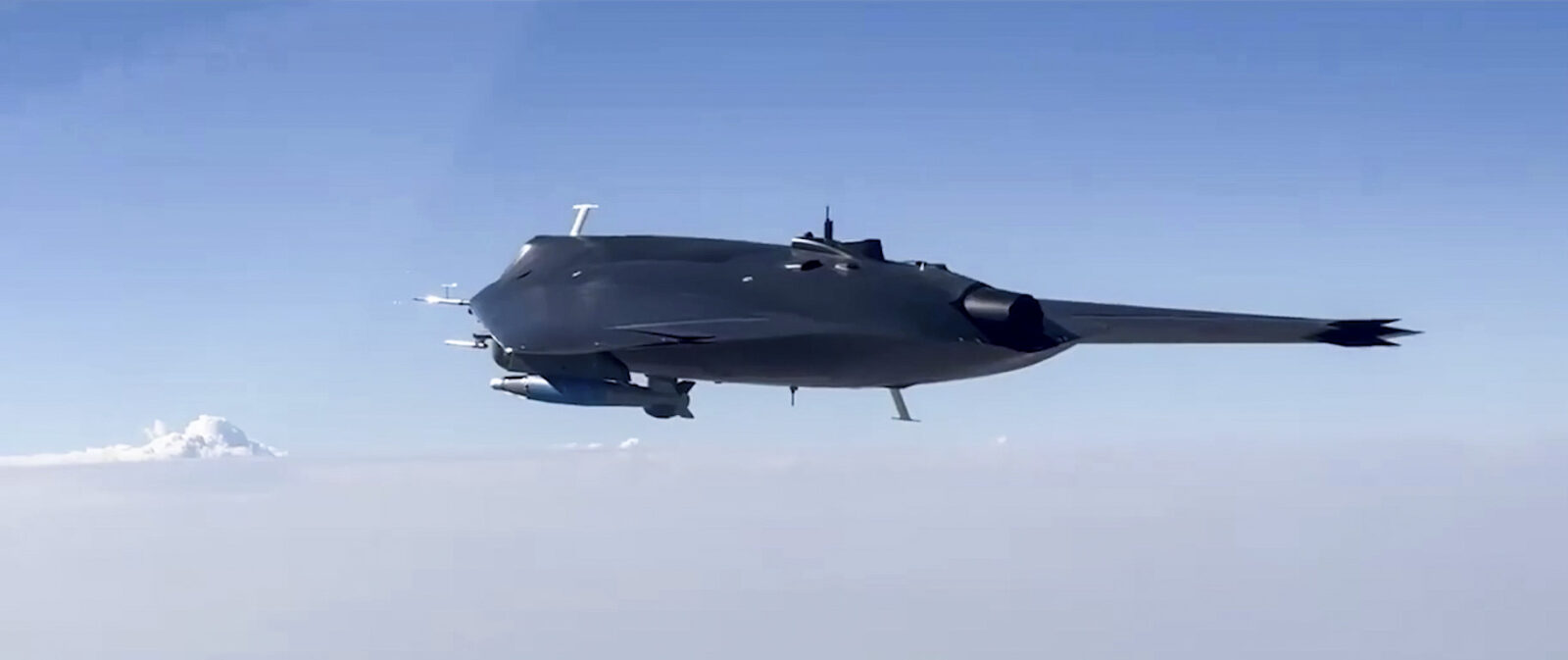
Why was TAI targeted?
Several factors may explain the motivations behind the attack on TAI:
- Strategic role in defense industry: TAI is a key player in Türkiye’s domestic defense sector, responsible for various projects that strengthen national defense. The attack may have been an attempt to weaken Türkiye’s defense capabilities by targeting critical initiatives like the KAAN project.
- Threat to national security and independence: The assault is viewed as a direct threat to Türkiye’s vision of a “Fully Independent Türkiye.” TAI’s efforts to reduce reliance on foreign defense technology may have made it a target for terrorist organizations.
- Target selection strategy: Terrorist groups often aim for high-profile targets to instill fear and convey a message. As a leading entity in Türkiye’s defense sector, TAI represents a significant symbolic target, amplifying the potential impact of such attacks.
- Successful past projects: TAI has developed various military platforms, such as unmanned aerial vehicles and helicopters, actively utilized by the Turkish Armed Forces. The existence of these projects may pose a threat to terrorist groups, motivating them to target TAI.
- Societal and psychological impact: This attack not only targets the company but also threatens broader societal stability and national unity. TAI, as a symbol of high technology and innovation in Türkiye, becomes a focal point for societal anxiety when attacked.
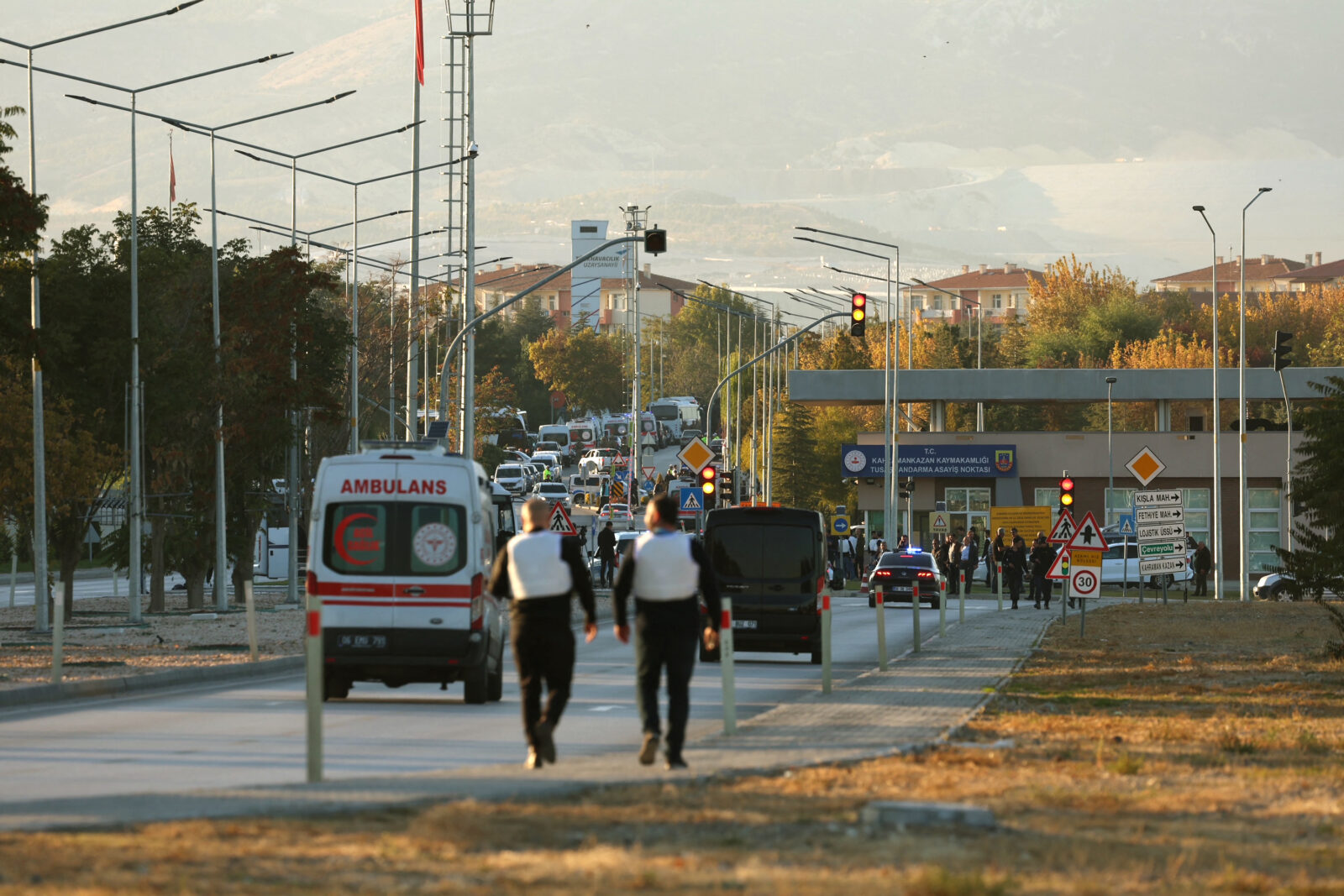
TAI’s importance in Turkish defense industry
TAI stands at the forefront of Türkiye’s defense industry. The projects undertaken by the company present substantial opportunities for both domestic production and technological advancement aimed at ensuring national security and enhancing defense capabilities.
The recent attack underscores TAI’s significance and highlights Türkiye’s ongoing pursuit of independence in its defense sector. Increased support for TAI’s initiatives and enhanced security measures are critical for Türkiye’s future security landscape.
The attack on TAI represents not just an assault on a single company but a broader strike against Türkiye’s defense industry and national security. By targeting such strategic entities, terrorist organizations aim to instill societal fear and disrupt Türkiye’s pursuit of independence in defense capabilities.



